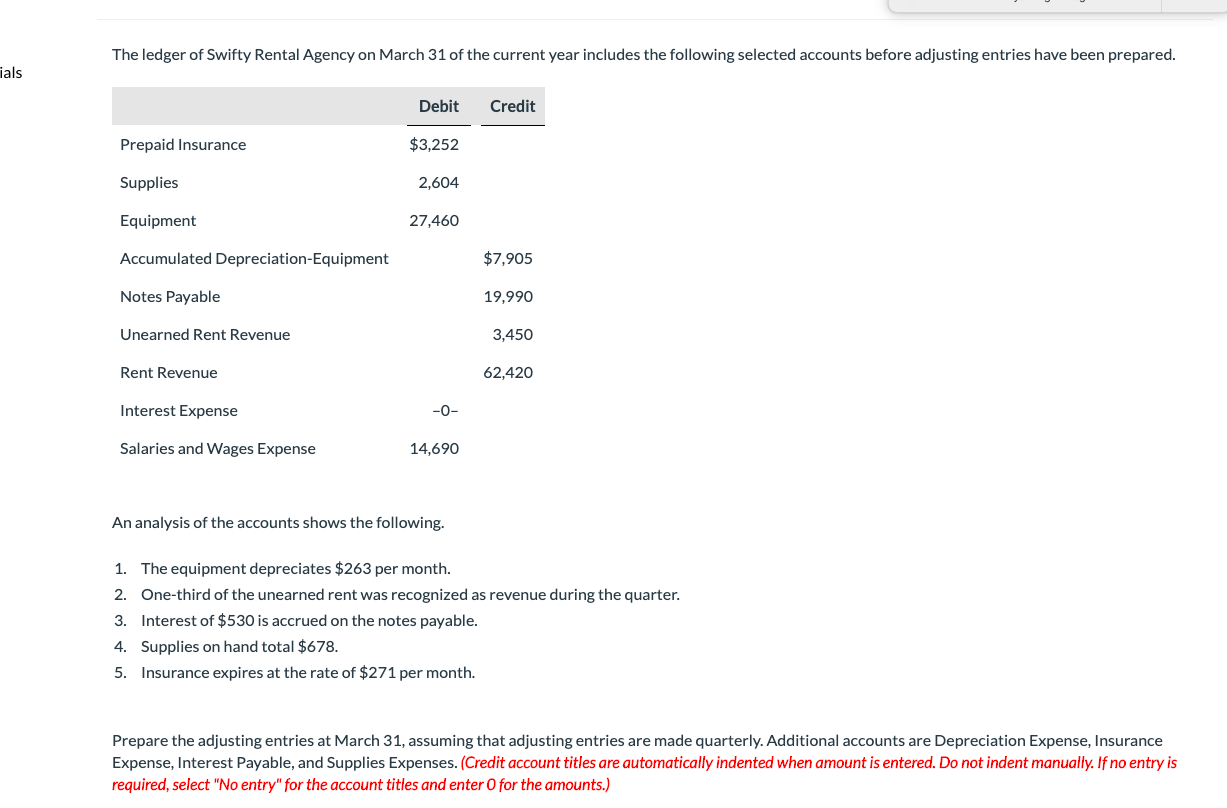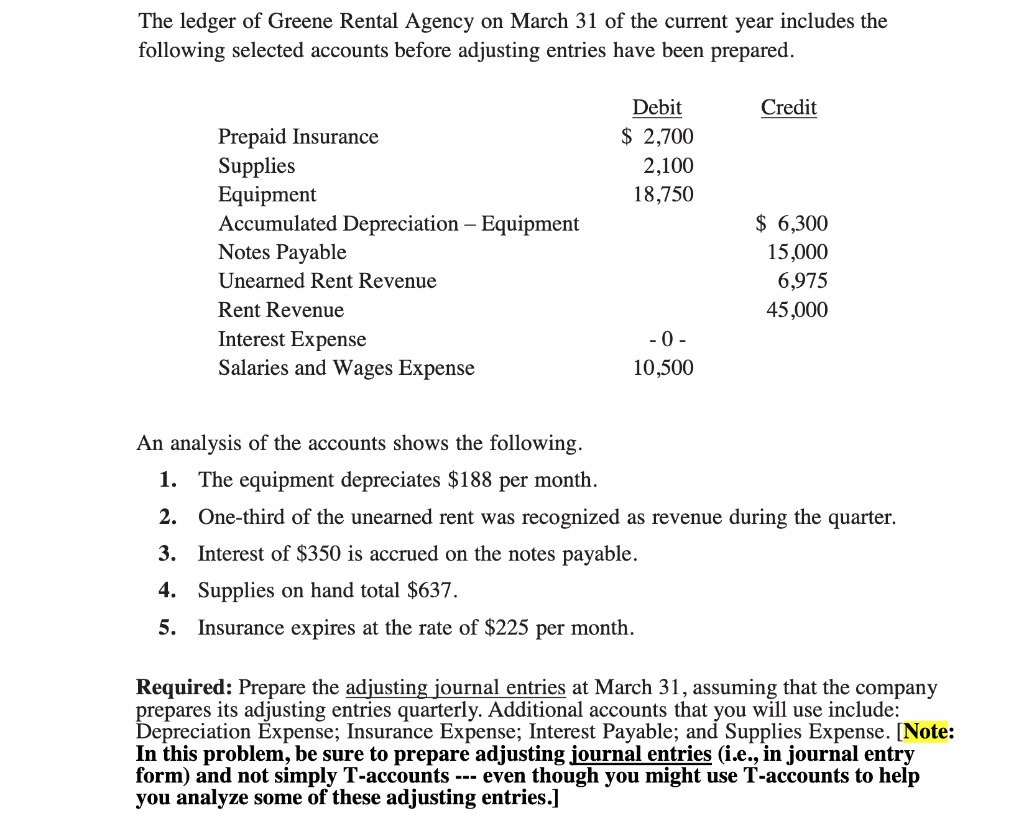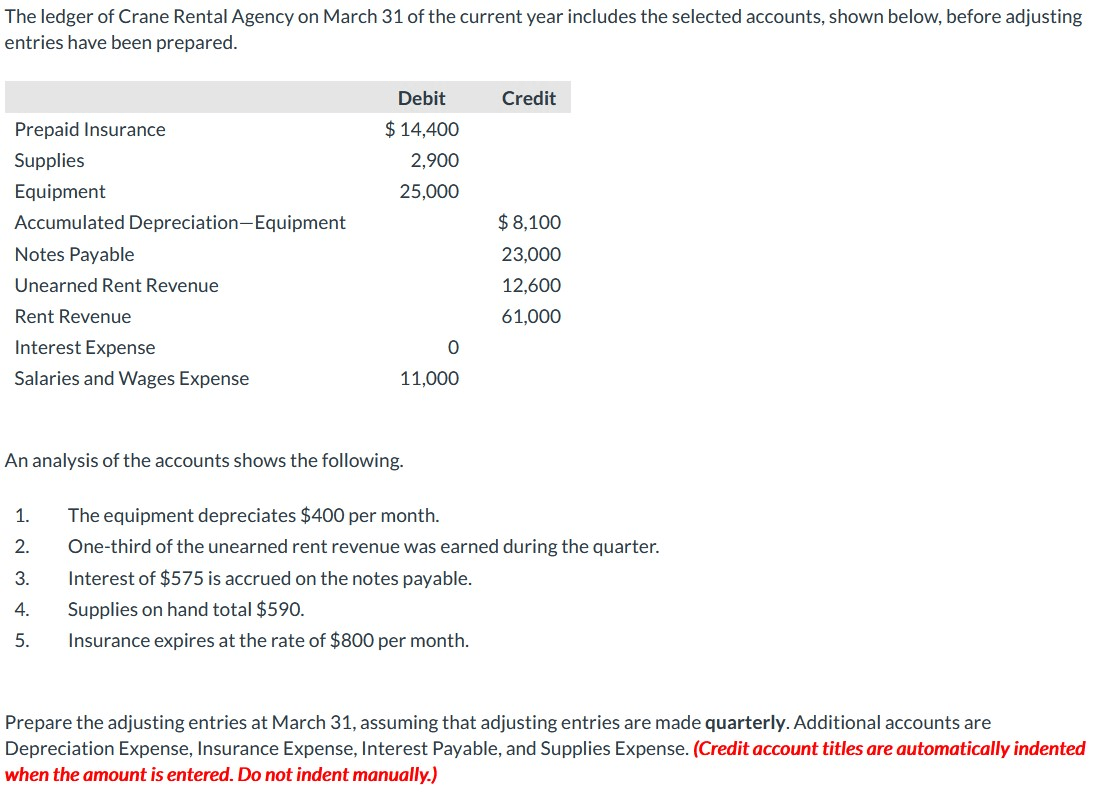The Ledger of Howard Rental Agency stands as a cornerstone in the effective management of rental properties, offering a comprehensive and organized approach to financial tracking and decision-making. This essential tool provides a clear overview of all rental-related transactions, ensuring accuracy, efficiency, and streamlined operations.
Delving into the intricacies of the ledger, we will uncover its key features, explore its multifaceted benefits, and establish best practices for its effective utilization. Moreover, we will delve into the integration of technology to enhance ledger management, maximizing its capabilities and ensuring optimal performance.
The Ledger of Howard Rental Agency: An Overview

The ledger is a financial record that tracks all transactions related to Howard Rental Agency’s rental properties. It provides a comprehensive overview of the agency’s financial health and serves as a valuable tool for managing its operations.
The ledger records various types of transactions, including:
- Rental income received from tenants
- Expenses incurred for property maintenance and repairs
- Payments made to vendors for services rendered
- Loan payments and interest charges
Maintaining an accurate and up-to-date ledger is crucial for several reasons:
- It ensures that the agency has a clear understanding of its financial position.
- It facilitates accurate financial reporting and tax compliance.
- It assists in making informed decisions regarding property management and investment strategies.
Key Features of the Ledger

The Ledger of Howard Rental Agency is a comprehensive document that provides a detailed record of all rental transactions. It is divided into several sections and columns, each of which plays a vital role in tracking and managing rental information.
The ledger includes sections for recording tenant information, property details, rent payments, expenses, and other relevant data. Each section is further divided into specific columns to capture information such as tenant names, property addresses, rent due dates, payment amounts, and expense categories.
Sections and Columns
- Tenant Information:This section includes columns for recording tenant names, contact details, lease start and end dates, and any other relevant information about the tenant.
- Property Details:This section includes columns for recording property addresses, unit numbers, property types, and any other relevant information about the property being rented.
- Rent Payments:This section includes columns for recording rent due dates, payment amounts, payment methods, and any other relevant information about rent payments.
- Expenses:This section includes columns for recording expense categories, expense amounts, expense dates, and any other relevant information about expenses incurred in relation to the property.
- Other Information:This section includes columns for recording any other relevant information that does not fit into the other categories, such as maintenance requests, inspections, or tenant communications.
These sections and columns work together to provide a complete and organized record of all rental transactions. This information can then be used to generate reports and summaries that provide valuable insights into the performance of the rental property and the overall health of the rental business.
Benefits of Using a Ledger
Utilizing a ledger offers numerous advantages for rental property management. It serves as a centralized hub for recording and organizing financial transactions, providing a comprehensive overview of the agency’s financial health.
The ledger plays a crucial role in streamlining financial operations by maintaining an accurate record of all income and expenses. This organized structure enables property managers to monitor cash flow, track expenses, and identify areas for cost optimization.
Facilitating Decision-Making
The ledger serves as a valuable tool for informed decision-making. By providing a comprehensive view of the agency’s financial performance, the ledger allows managers to assess the effectiveness of rental strategies, identify potential risks, and make data-driven decisions that drive profitability.
The ledger enables managers to compare actual financial results with budgeted estimates, providing insights into the accuracy of financial forecasts and highlighting areas where adjustments are necessary. This proactive approach empowers managers to make informed decisions that maximize rental income and minimize operating costs.
Best Practices for Ledger Management

Maintaining an effective and efficient ledger is crucial for the financial well-being of any organization. By following best practices, businesses can ensure the accuracy, reliability, and accessibility of their financial records.
One of the most important best practices is regular reconciliation. This involves comparing the ledger to other financial records, such as bank statements and invoices, to identify and correct any discrepancies. Regular reconciliation helps to ensure that the ledger is an accurate reflection of the organization’s financial position.
Another important best practice is error-checking. This involves carefully reviewing the ledger for any errors, such as incorrect entries or calculations. Error-checking helps to prevent errors from being carried forward into the financial statements, which can have serious consequences.
Finally, it is important to organize and store ledger records for easy retrieval. This can be done by using a filing system that is logical and easy to follow. It is also important to back up the ledger regularly in case of a computer crash or other disaster.
Guidelines for Maintaining an Effective and Efficient Ledger
- Establish a clear and consistent accounting system.
- Use a ledger that is designed for the specific needs of the organization.
- Record all transactions in the ledger in a timely manner.
- Reconcile the ledger regularly to other financial records.
- Check the ledger for errors regularly.
- Organize and store ledger records for easy retrieval.
- Back up the ledger regularly.
Integrating Technology with the Ledger
In the modern era, technology has become an indispensable tool for businesses of all sizes. Howard Rental Agency can harness the power of technology to enhance its ledger management practices, leading to greater efficiency, accuracy, and control.
Accounting software and spreadsheet applications offer numerous benefits for ledger maintenance. These tools automate repetitive tasks, such as data entry and calculations, freeing up valuable time for more strategic activities.
Benefits of Using Accounting Software
- Automated data entry:Accounting software can integrate with other systems, such as bank accounts and invoicing platforms, to automatically import transactions and eliminate manual data entry.
- Error reduction:Software automates calculations and applies built-in validation rules, reducing the risk of human errors.
- Enhanced reporting:Accounting software provides robust reporting capabilities, allowing users to easily generate financial statements, trial balances, and other reports.
Benefits of Using Spreadsheets, The ledger of howard rental agency
- Flexibility:Spreadsheets offer a high degree of flexibility, allowing users to customize the ledger to meet their specific needs.
- Cost-effective:Spreadsheets are generally more affordable than accounting software, making them a viable option for small businesses.
- Collaboration:Spreadsheets can be easily shared and collaborated on, facilitating teamwork and ensuring data accuracy.
By integrating technology with the ledger, Howard Rental Agency can streamline its accounting processes, improve the accuracy of its financial records, and gain valuable insights into its financial performance.
Questions and Answers
What is the primary purpose of The Ledger of Howard Rental Agency?
The Ledger of Howard Rental Agency serves as a comprehensive financial tracking tool designed to assist property managers in organizing and managing all rental-related transactions, ensuring accuracy and efficiency.
How does the ledger contribute to effective decision-making?
The ledger provides valuable insights into financial performance, enabling property managers to make informed decisions regarding rent adjustments, maintenance expenses, and investment strategies.
What are the key features of the ledger?
The ledger includes sections for recording income, expenses, tenant information, and property details, providing a comprehensive overview of all rental-related activities.